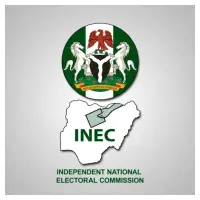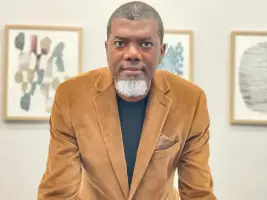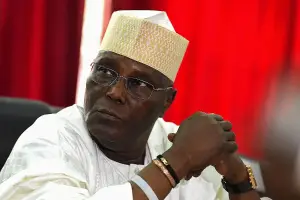Constitutional and human rights lawyer, Prof Mike Ozekhome, SAN, has argued that most Nigerian states are not economically viable, questioning the rationale behind creating additional states except in the South East region.
Speaking during a "Walk for Wellness" campaign organized by his chambers in Abuja on Saturday, Ozekhome attributed the poor state of Nigeria's federating units to what he described as a "skewed federal template" that functions more like a unitary system.
"The only state I will have said should be created right now should be in the South East, to bring them to equity with other geopolitical zones in the country," Ozekhome stated, highlighting the regional imbalance in Nigeria's current state structure.
The senior advocate called for a complete overhaul of the 1999 Constitution, which he criticized as cumbersome and overly centralized. He described the document as a product of military rule that concentrates excessive power at the federal level.
Regional Governance as Alternative
Rather than creating more states, Ozekhome proposed a radical restructuring of Nigeria's governance system. "Some of us are now saying rather than create more states, we should collapse the present structure into about six geopolitical zones, which should serve as regional governments," he explained.
He advocated for a parliamentary system operating on a regional basis, arguing it would "catalyse development and competitiveness among the regions." According to Ozekhome, the current system has created a dependency culture where states simply collect allocations from the federation account without generating internal revenue.
"Right now, no state is competing; all of them just go to Abuja at the end of the month to take from the federation account to share," he lamented, describing Nigeria as "a sharing country that is not baking anything."
Untapped Mineral Resources
The constitutional lawyer highlighted Nigeria's vast untapped mineral resources, noting that Nasarawa State has the highest mineral deposits with over 36 items, followed by Plateau with 28, and then Sokoto and Kaduna States. Despite this mineral wealth, he observed that the country continues to depend heavily on crude oil, which is "fast losing its value across the world."
If the current state structure is to be maintained, Ozekhome suggested that states should function as true federating units in a two-tier government system, with local governments falling under state jurisdiction rather than being recognized as a third tier of government.
Stay updated on Nigeria's constitutional reform discussions by following BenriNews on our social media platforms: Facebook, Twitter, LinkedIn, WhatsApp, and Telegram.











